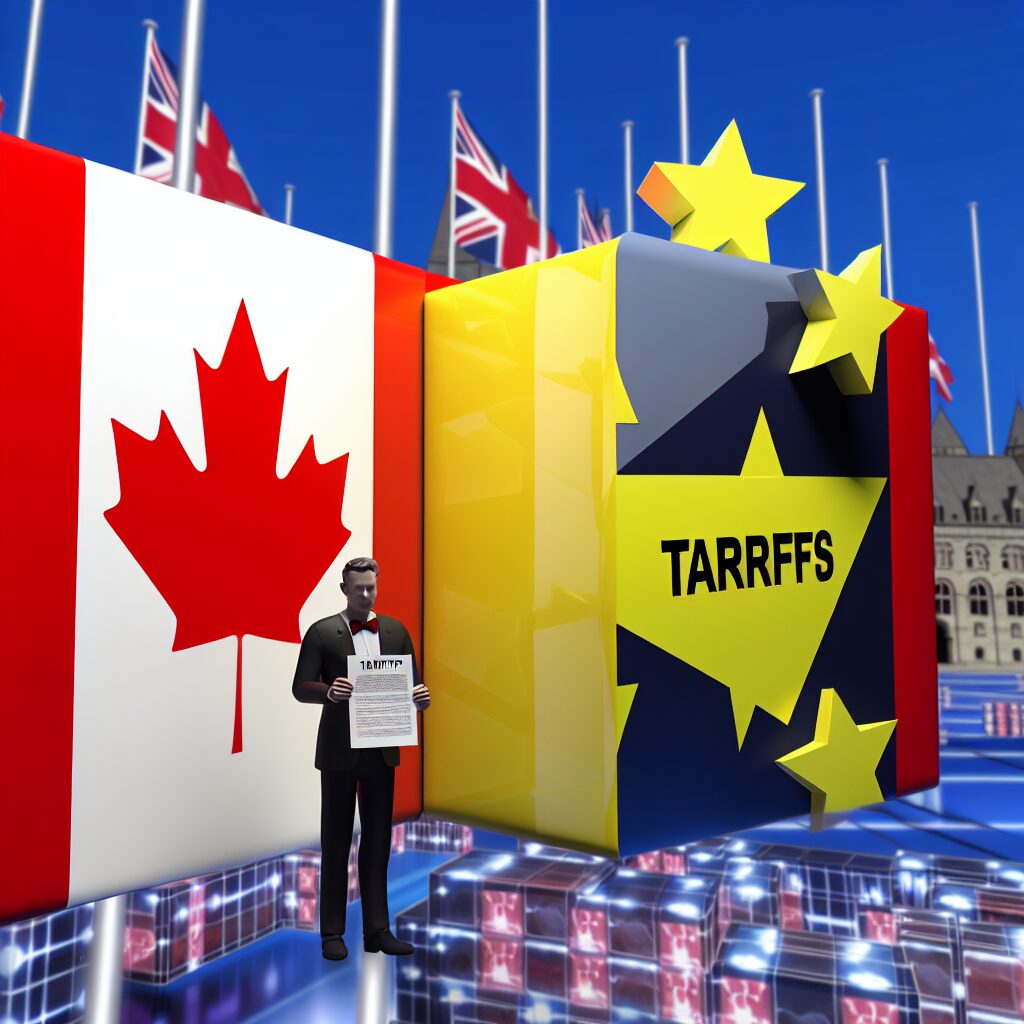Canada’s Tariffs on Chinese Batteries and Minerals: What You Need to Know
Canada has recently announced its decision to impose tariffs on Chinese batteries and critical minerals, a move that is set to have significant implications for various industries. These tariffs are part of a broader strategy to protect and bolster the domestic economy, ensure fair trade practices, and reduce dependence on imports from China. Here’s what you need to know about this new development.
The Motivation Behind the Tariffs
The decision to impose tariffs on Chinese batteries and critical minerals is driven by multiple factors. First and foremost, Canada aims to safeguard its national security. By reducing reliance on Chinese imports, the country is looking to secure a stable supply chain for essential materials that are crucial for the manufacturing of advanced technologies, including electric vehicles and renewable energy systems. Secondly, this move is intended to protect Canadian industries from unfair trade practices. There have been longstanding concerns about the dumping of cheap Chinese goods into the global market, which undermines local businesses by creating an uneven playing field. Tariffs are seen as a necessary tool to level the playing field and promote fair competition.
Impact on Industries
The new tariffs will have a significant impact on several key industries in Canada. The automotive industry, in particular, is expected to feel the effects, as batteries are a critical component in electric vehicles (EVs). Canadian automakers may face higher production costs, which could translate into increased prices for consumers. However, this could also incentivize the development of domestic battery production facilities, thereby reducing future dependence on imports.
The renewable energy sector is another industry likely to be affected. Critical minerals like lithium, cobalt, and nickel are essential for the production of solar panels and wind turbines. The tariffs could initially lead to higher costs for these technologies, but in the long run, it may encourage investment in local mining and processing operations, ultimately benefiting the Canadian economy.
Consumer Implications
For Canadian consumers, the imposition of tariffs could mean higher prices for a range of products, from electric vehicles to consumer electronics. However, the government is likely to introduce measures to mitigate the impact on the average citizen. These could include subsidies for domestic manufacturers or incentives for consumers to purchase locally-produced goods.
In the long term, the development of a more robust domestic industry could lead to greater product availability and potentially lower prices as local competition increases. Additionally, consumers may benefit from the enhanced quality and innovation that often accompanies a thriving local industry.
Global Trade Relations
Canada’s decision to impose tariffs on Chinese imports is also likely to have broader implications for global trade relations. This move aligns with similar actions taken by other countries, particularly the United States, which has also imposed tariffs on Chinese goods. Such measures are part of a growing trend of protectionism and could lead to increased tensions between China and Western countries. It remains to be seen how China will respond to these tariffs. Retaliatory measures could be on the horizon, potentially impacting other sectors of the Canadian economy. However, Canada is likely prepared for such eventualities and may seek to strengthen trade relations with other global partners to offset any negative repercussions.
Future Outlook
While the immediate impact of these tariffs may present challenges, the long-term outlook could be positive for Canada. By reducing reliance on Chinese imports and fostering the growth of domestic industries, Canada is positioning itself to be more self-sufficient and resilient in the face of global economic uncertainties. Canada’s proactive approach in this regard could serve as a model for other countries looking to balance economic security with sustainable growth.
In conclusion, Canada’s decision to impose tariffs on Chinese batteries and critical minerals is a strategic move aimed at protecting and strengthening the domestic economy. While there may be short-term challenges, the long-term benefits could be substantial, paving the way for a more resilient and self-sufficient Canada.
Source
Canada begins process to impose tariffs on Chinese batteries, critical minerals

